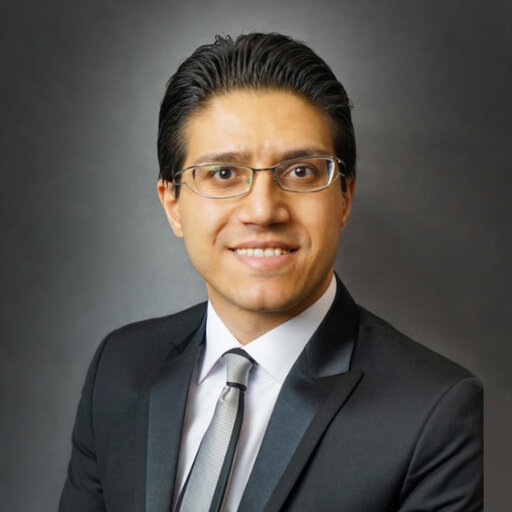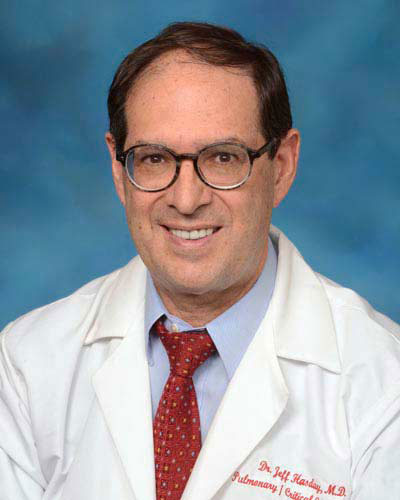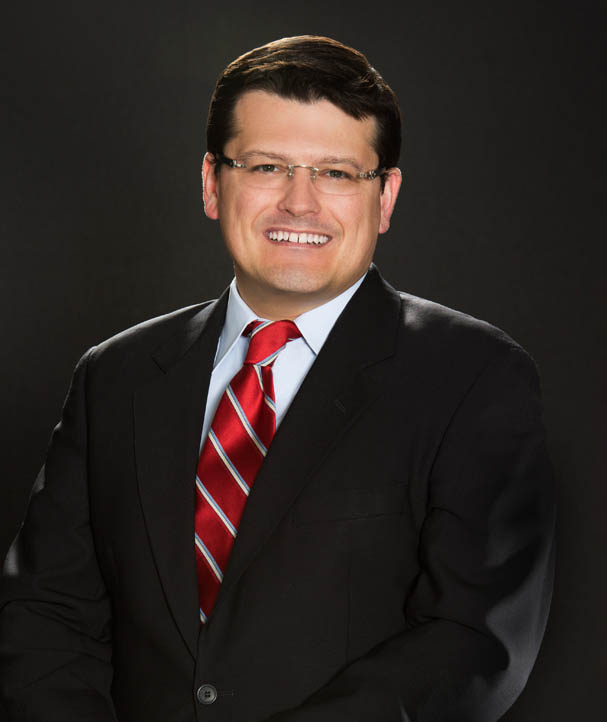Faculty Directory
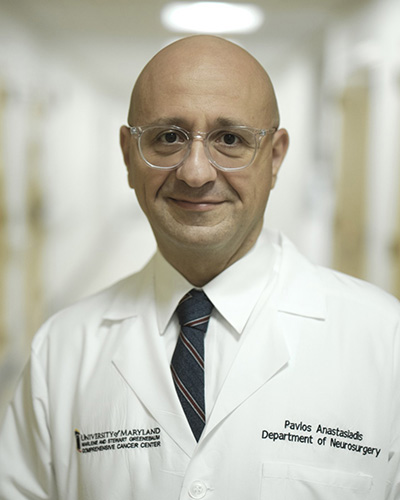
Anastasiadis, Pavlos
Adjunct Professor
Assistant Professor, University of Maryland School of Medicine
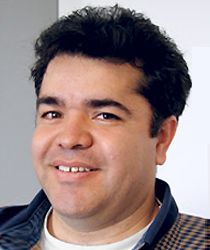
Aranda-Espinoza, Helim
Associate Professor
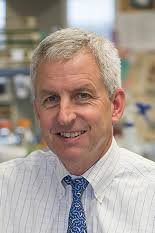
Bentley, William E.
Robert E. Fischell Distinguished Professor
Director, Robert E. Fischell Institute for Biomedical Devices
Director, Maryland Technology Enterprise Institute
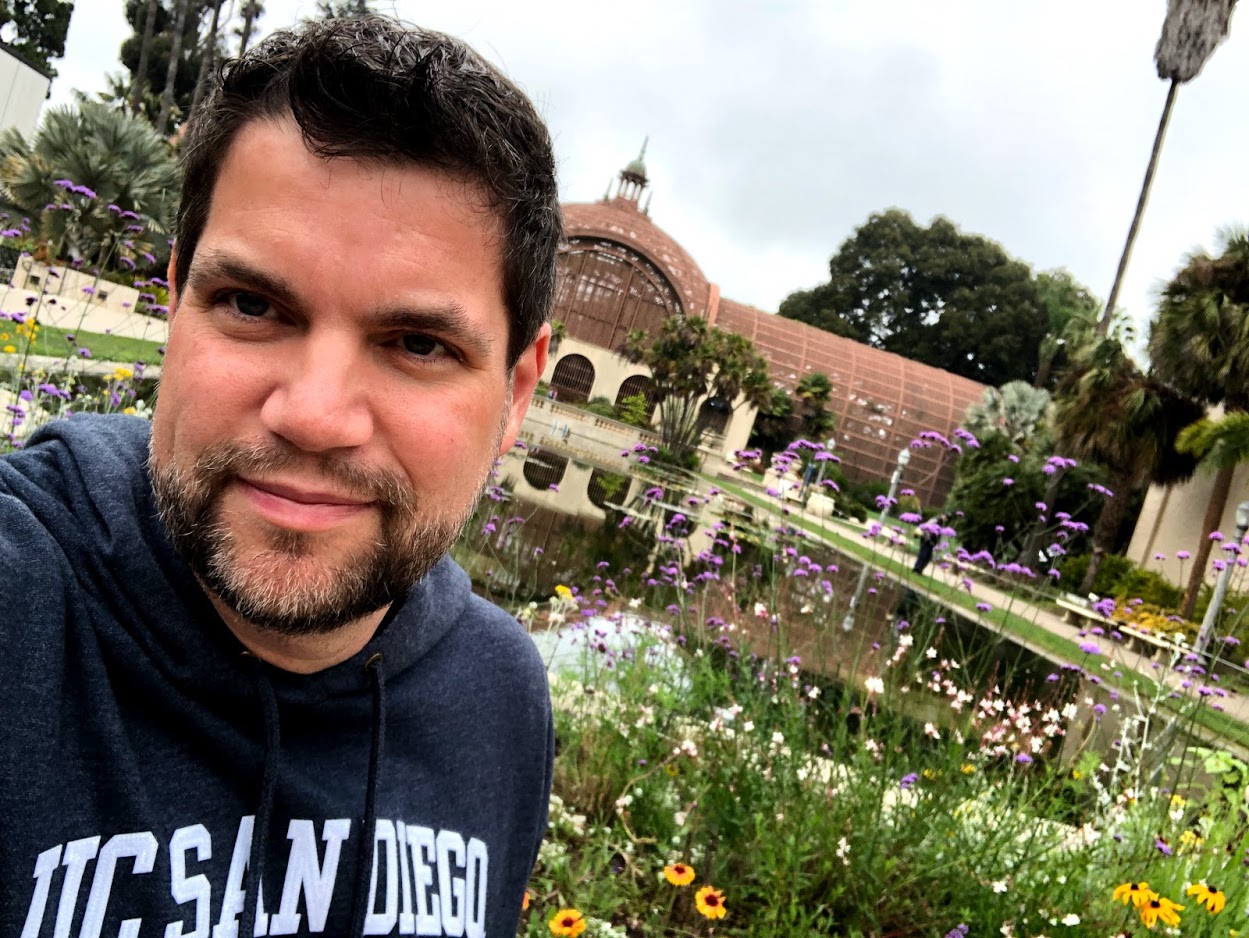
Blair, Brian
Lecturer

Bromberg, Jonathan
Adjunct Professor
Professor of Surgery and Microbiology and Immunology, UMSOM
Vice Chair for Research, UMSOM
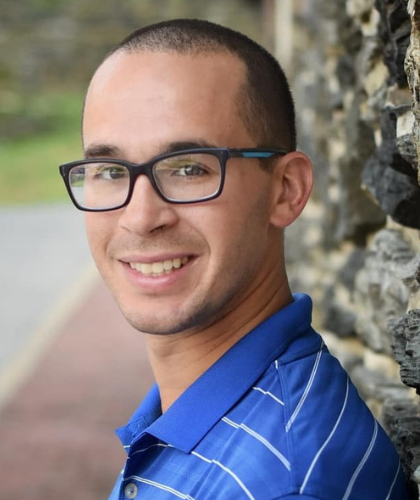
Callura, Jarred
Lecturer
Biocomputational Engineering
Fischell Department of Bioengineering
Fischell Department of Bioengineering
4123 Biomedical Sciences and Engineering, Universities at Shady Grove
jcallura@umd.edu
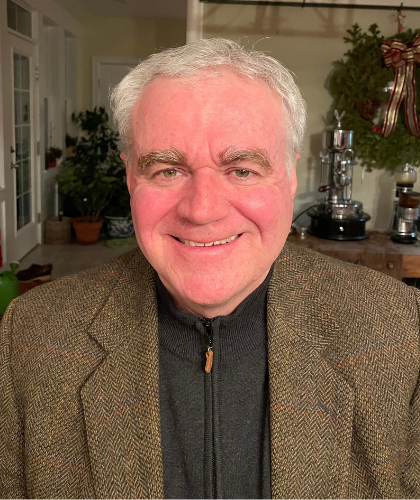
Cattaneo, Maurizio
Adjunct Associate Professor
Founder and CEO – Artemis Biosystems, Inc.

Cleary, Kevin
Adjunct Professor, Fischell Department of Bioengineering
Associate Director for Engineering, The Sheikh Zayed Institute for Pediatric Surgical Innovation, Children's National Hospital
Fischell Department of Bioengineering
Children's National Hospital 6th Floor Main Hospital, Room M7778 111 Michigan Avenue NW Washington, D.C 20010
krcleary@umd.edu
202-476-3809
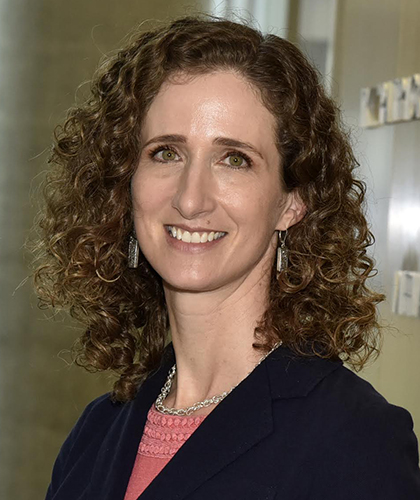
Clyne, Alisa Morss
Professor
Fischell Fellow
ADVANCE Professor

Cooksey, Gregory
Adjunct Professor
Project Leader, Microsystems and Nanotechnology Division, National Institute of Standards and Technology

Doctor, Allan
Professor
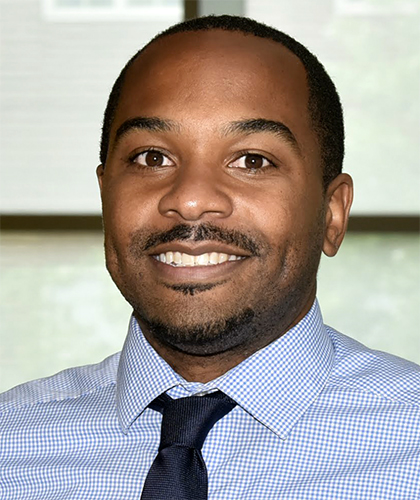
Duncan, Gregg
Associate Professor
Fischell Department of Bioengineering
Robert E. Fischell Institute for Biomedical Devices
Robert E. Fischell Institute for Biomedical Devices
4116 A. James Clark Hall
gaduncan@umd.edu

Fernandes, Rohan
Associate Professor
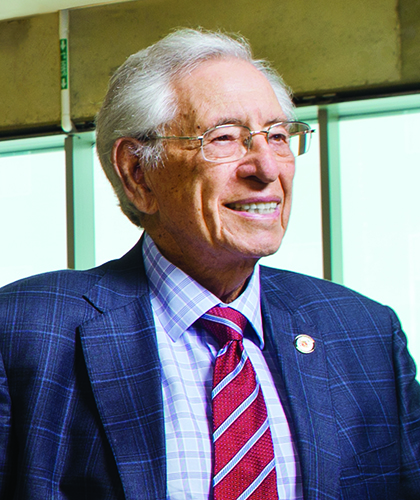
Fischell, Robert E.
Professor of Practice

Fisher, John
Distinguished University Professor & Department Chair
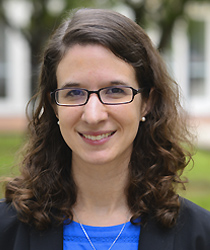
Goldberg, Deborah S.
Senior Lecturer
Associate Chair for Community Engagement & Development
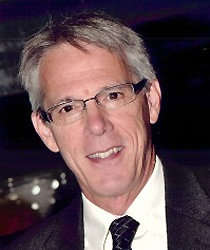
Herold, Keith
Associate Professor Emeritus

Huang, Huang Chiao
Associate Professor
Inoue, Hiroshi
Professor of the Practice
Founder
President and CTO of Canon U.S. Life Sciences (2004-2010)
Senior Fellow
Canon U.S.A. and Canon U.S. Life Sciences (2010-2014)
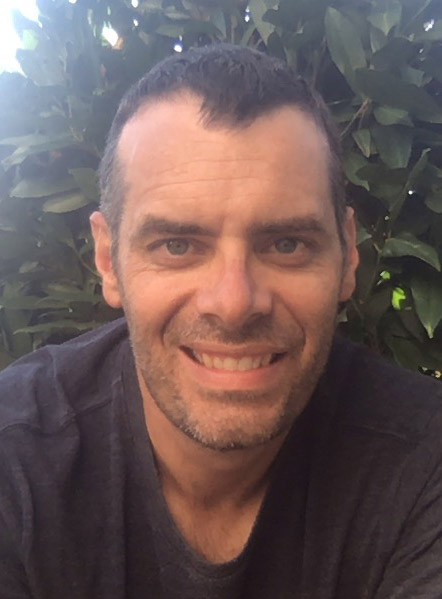
Jay, Steven
